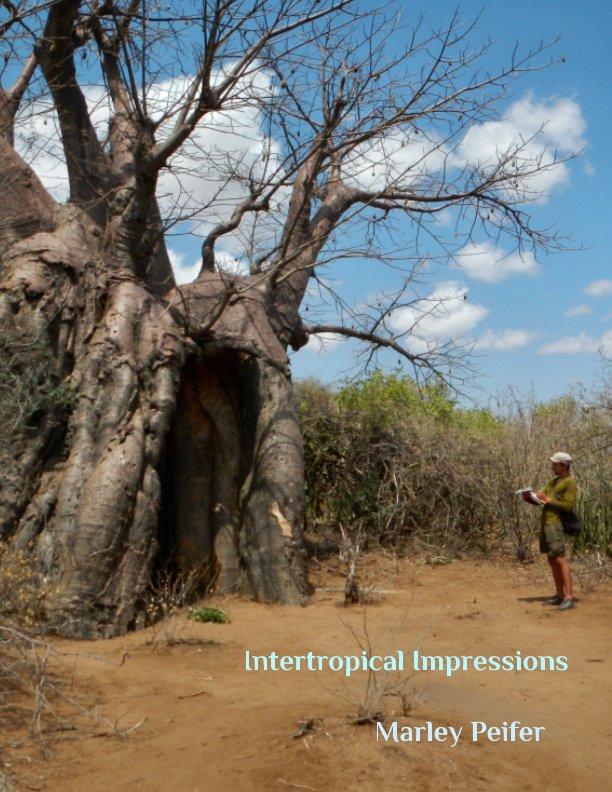“Culture refers to the learned, socially acquired traditions of thought and behavior found in human societies. It is a socially acquire lifestyle that includes patterned, repetitive ways of thinking, feeling, and acting.” –Marvin Harris and Orna Johnson 2003
If you were to take a person and peel away their clothes, food, tools, language, ideas, beliefs, and worldview, what would you have left? Would that naked body and empty mind still be a person? Would they be able to survive?
Humans are the only animal that depends more on culture than biology. Our bodies are weak and unimpressive compared to most animals. We are ill-protected from the elements in our thin skin, our senses seem mediocre compared to most, and we seem to have few physical adaptations for self-defense or harvesting of food. Nevertheless, we have colonized more of the planet than any other species and have developed strategies for surviving in some of the harshest bioregions.
Since the emergence of anatomically modern humans, 200,000 years ago, culture has been our main way of adapting and evolving. Unlike biological evolution, cultural evolution allows for much faster change. In many cases, cultural evolution allows for adaptations and novelties that would not be possible with biological evolution. Human populations that migrated to the arctic did not have to evolve thick layers of blubber, dense fur, or other physiological adaptations to the cold. Such evolution would have taken thousands and thousands of generations if possible at all.
Cultural characteristics, whether they be material culture or worldview, can be analyzed from a sort of evolutionary perspective. The basic assumption is that if culture is our way of adapting to the environment then there should be a rationale to cultural characteristics. While this view can be criticized as overly simplistic and deterministic I feel that it often provides useful insight and is capable of explaining many things. This way of seeing culture can also be helpful to get away from the idea that some cultures are superior to others or that there is a progression of cultural stages from lesser to greater. All cultures came about as an adaptation to a particular environment over time. Cultures that have been in the same region for thousands of years must adapt to fit that environment. From this perspective, the aboriginal culture of a region is likely to be the best-suited culture for that region.
This essay outlines the basics of the anthropological definition of culture. Whenever I refer to culture it is this anthropological definition that I am referring to.

